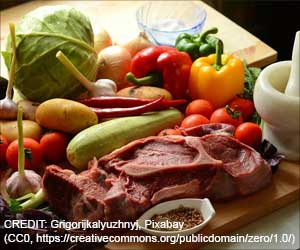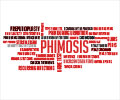Warning labels have proven effective in curbing smoking. Applying them to meat products could yield similar results with national implementation.

Impact of pictorial warning labels on meat meal selection: A randomised experimental study with UK meat consumers
Go to source). The team from Durham University tested a range of warning labels including those which warn people of the damage to climate, health, and risk of pandemics. They found that all labels were effective at discouraging people from choosing meals with meat.
‘In a recent poll, 72% of the UK population identifies as meat eaters. The UK's independent Climate Change Committee advises a 20% cut in meat and dairy consumption by 2030. #redmeat #climatechange #redmeatrisks’





All warning labels, which showed a graphic image alongside text, reduced meat meal selections by seven to 10 percent. However, participants were most in favour of the climate warning labels which they also found the most credible. The study is published in the academic journal, Appetite.
Can Warning Labels on Meat Products Help Achieve Net Zero Goals?
Jack Hughes carried out the research with his supervisors as part of his PhD research at the Department of Psychology at Durham University. He said: “Reaching net zero is a priority for the nation and the planet. As warning labels have already been shown to reduce smoking as well as drinking of sugary drinks and alcohol, using a warning label on meat-containing products could help us achieve this if introduced as national policy.”A representative sample of 1,001 meat-eating adults were split into four groups which were shown pictures of hot meals you might buy in a canteen which contained either a health warning label, climate warning label, pandemic warning label, or no label.
They were asked to make 20 separate decisions on different meal choices and the team also asked how anxiety provoking and believable they found the labels. Future intentions to buy and eat the meal options, as well as how appealing the meals appeared, was measured. Participants also indicated how supportive they would be of the different labels if they were implemented as policy.
An example set of meals could be a meat pasta bake, fish pasta bake, vegetarian pasta bake and a vegan pasta bake.
Advertisement
Reference:
- Impact of pictorial warning labels on meat meal selection: A randomised experimental study with UK meat consumers - (https://pubmed.ncbi.nlm.nih.gov/37689371/)
Source-Eurekalert











